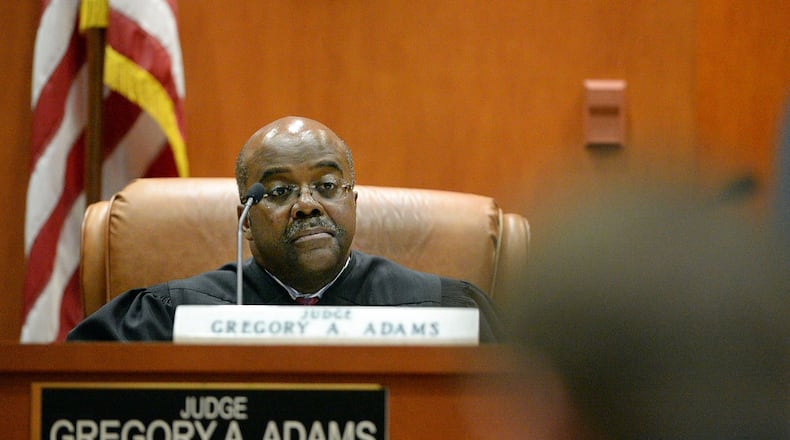In overturning Hemy Neuman’s conviction on Monday, the Georgia Supreme Court ruled that the trial judge had breached attorney-client privilege — an inviolable doctrine of secrecy that can be traced back centuries to the common law.
Superior Court Judge Gregory Adams ordered the defense to turn over notes and records of two mental health experts who examined Neuman before trial, which Adams then passed along to the prosecution. The records should have remained the sole possession of the defense, the court said in a 6-1 decision.
The attorney-client privilege is sacrosanct and allows for open communications that enable lawyers to gather complete and accurate information about their client’s situations, Justice Carol Hunstein wrote for the court’s majority. This applies to the two medical experts used by Neuman’s attorneys when they were preparing his insanity defense.
Paul Milich, a Georgia State University law professor who authored “Georgia Rules of Evidence,” said the state high court made the right call.
“Lawyers used to be jacks of all trades, but they’re now confronted with complex medical, engineering and, in this case, psychological issues,” Milich said. “So lawyers need to be able to consult experts to navigate very difficult questions without fear that these communications can be disclosed to an opposing party.”
This applies to all types of cases, Milich noted. For example, medical malpractice lawyers use experts to conduct initial screenings of cases. “If these communications weren’t privileged, it’d be very difficult for a lawyer to take that first step to assess the merits of a case,” Milich said.
In Neuman's case, Peter Thomas, a licensed psychologist, and Julie Rand Dorney, a forensic psychiatrist, gave Neuman a psychological examination and reported their findings to his attorneys. Neuman's lawyers then hired a separate expert witness to conduct an evaluation to assess Neuman's criminal responsibility. After this was done, Neuman changed his plea of not guilty to not guilty by reason of insanity.
Even though Thomas and Rand Dorney were not going to testify on Neuman's behalf, DeKalb prosecutors subpoenaed the records of their evaluations of Neuman. After Judge Adams reviewed the records, he turned them over to prosecutors, over the objections of Neuman's attorneys.
These records were confidential communications between the doctors and Neuman’s defense team, which used the evaluations to prepare his insanity defense, Hunstein wrote.
Instead, the two doctors were turned into "involuntary witnesses" for the prosecution, which used their testimony to undercut Neuman's defense, Hunstein said. At trial, she noted, the state used evidence from Rand Dorney and Thomas to argue that Neuman was lying about or faking his symptoms of mental illness.
“The attorneys must be free to make an informed judgment about the best course for the defense and should not be restricted from consulting multiple experts holding possibly conflicting views due to the fear that they are creating a witness for the state,” Hunstein wrote. Other state appellate courts have similarly refused to waive the attorney-client privilege merely because a defendant has placed his or her sanity at issue, she said.
Justice Harold Melton dissented, saying a form Neuman signed in jail waived any confidentiality. But Hunstein countered that Rand Dorney explained to Neuman that she and Thomas would report their information only to Neuman’s attorneys, who would then decide how to use it.
About the Author
Keep Reading
The Latest
Featured




